Aymeric Varasse
LSL
CaBRNet, an open-source library for developing and evaluating Case-Based Reasoning Models
Sep 25, 2024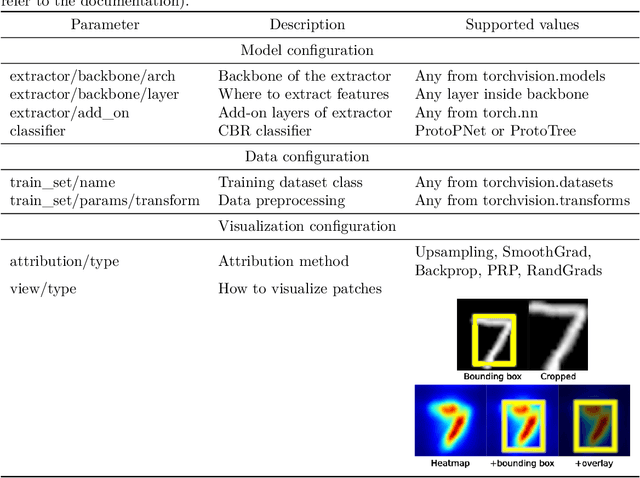
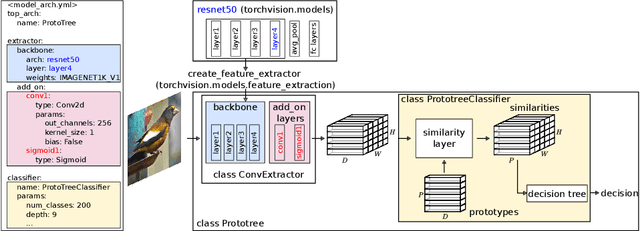
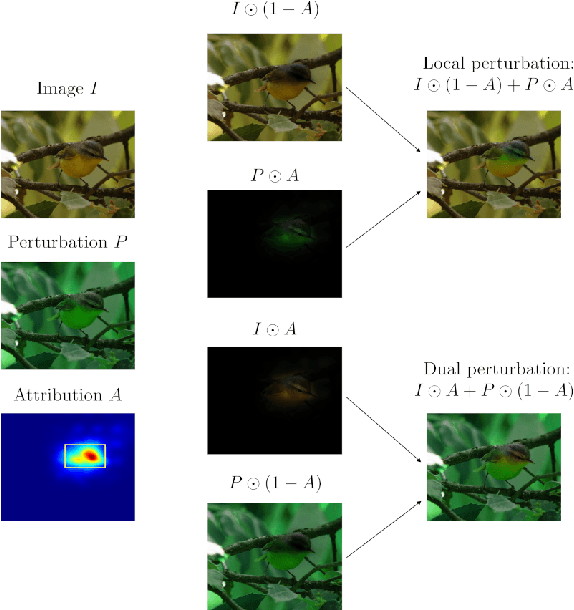
Abstract:In the field of explainable AI, a vibrant effort is dedicated to the design of self-explainable models, as a more principled alternative to post-hoc methods that attempt to explain the decisions after a model opaquely makes them. However, this productive line of research suffers from common downsides: lack of reproducibility, unfeasible comparison, diverging standards. In this paper, we propose CaBRNet, an open-source, modular, backward-compatible framework for Case-Based Reasoning Networks: https://github.com/aiser-team/cabrnet.
DISCO Verification: Division of Input Space into COnvex polytopes for neural network verification
May 17, 2021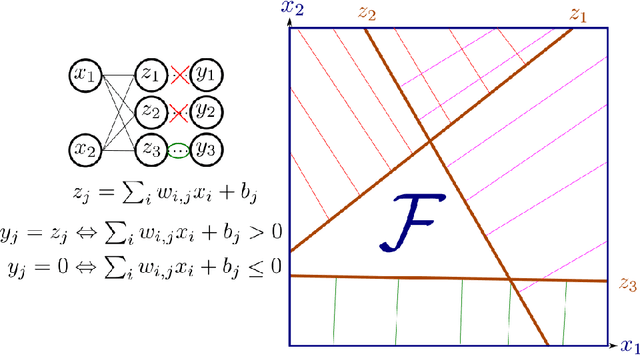

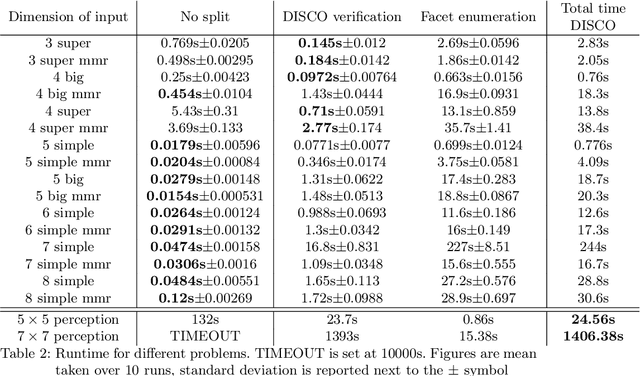

Abstract:The impressive results of modern neural networks partly come from their non linear behaviour. Unfortunately, this property makes it very difficult to apply formal verification tools, even if we restrict ourselves to networks with a piecewise linear structure. However, such networks yields subregions that are linear and thus simpler to analyse independently. In this paper, we propose a method to simplify the verification problem by operating a partitionning into multiple linear subproblems. To evaluate the feasibility of such an approach, we perform an empirical analysis of neural networks to estimate the number of linear regions, and compare them to the bounds currently known. We also present the impact of a technique aiming at reducing the number of linear regions during training.
 Add to Chrome
Add to Chrome Add to Firefox
Add to Firefox Add to Edge
Add to Edge